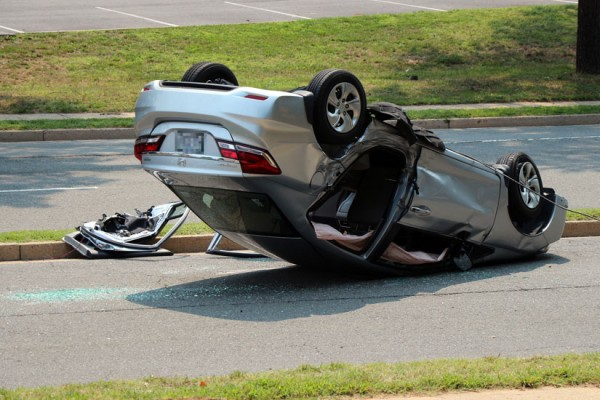

You may not need me to spell out the obvious, but nobody wants to be involved in an accident. Accidents on the road are inevitable and you never know when one might happen. Even if you are an experienced driver who has been around the block for years and memorizes every bumpers and pothole on your way, or you own a car with the highest safety index, sometimes things just happen. In that case, it is essential to be fully prepared so you would know what to do right away. First, presumably you are in a good condition after the incident physically and mentally, the next step is to carefully inspect your car for any unwanted damage.
1. The battery
The battery needs to be checked immediately after the car crash. Your car might be left unscratched but that doesn’t mean the insides are fine, we don’t know if there’s any internal damage if we don’t look into it. When hit, part of the force is absorbed by your car’s internal components like the engine, the frame and of course the battery; and unlike the other parts, the battery is rather delicate. The smallest of impact can damage the battery by dispositioning the pole plates, wires or leaking out battery acid. In best case scenario, your battery might lose its capacity much faster than intended. At worst, your battery might be short-circuited and can result in permanent damage and even to other electrical components around.
So make sure that you check your battery first and thoroughly before you move on to other parts.
 .
.
Check the battery for any hidden damage
2. The Engine Lights
The purpose of the Engine light is to tell if there’s something wrong with the engine, so you don’t want it to malfunction, do you?
Right after the accident, go to a local auto service or your old dealership and request a check-up with the light engine even if there seem to be nothing wrong with it.
3. Leaks
Go around your car and check for visible leaks or cracks on the containers and tubing. Sometimes they are minor and can only be noticed only several days afterward, so constantly do a quick check-up every day for at least 2 weeks to make sure that everything is fine

Leaks can be subtle and hard to notice
4. Frame
If that is not a serious collision, deformation of your frame can be hard to notice. A slightly bent frame could cause major issues to your car later on. For example, it can stretch the frame between wheels, causing unnecessary force onto the wheels, leading to us not be able to control the vehicle and react swiftly when needed. The advice here is to bring your car to an auto and let them measure the frame by precise measuring equipment
5. Noise
If you constantly hear a subtle clickety-clack inside while driving, there might be some loose components. This is a pretty common thing happened with crashed cars since some components absorb more force than others. The common things to do is taking your baby to a mechanic to tighten them up (unless you are a mechanic yourself).
